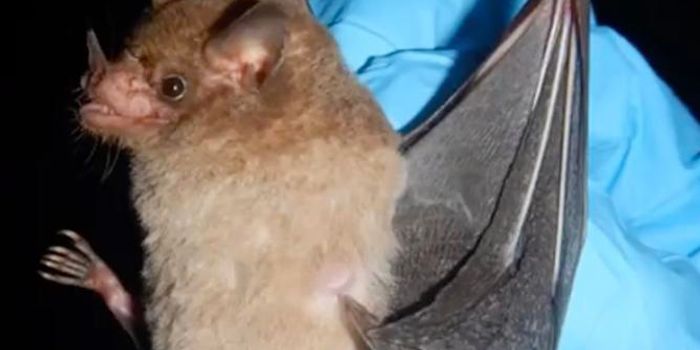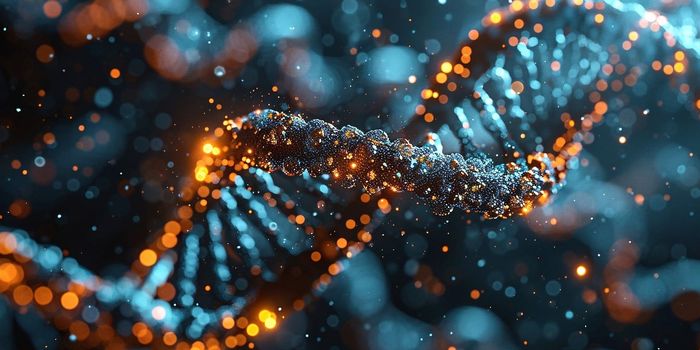Mutations in One Gene Can Lead to Cancer in Different Ways
Cancer and genetics are linked; for example, when a cell's genome accumulates mutations it can begin to divide uncontrollably and become a tumor. But sometimes only one gene has to become mutated for cancer to occur. One such gene is RUNX1, which plays a crucial role in the creation of new blood cells, billions of which have to be generated daily.
Families can carry mutations in the RUNX1 gene, leading to heritable forms of cancer. New work has shown that mutations in the RUNX1 gene can disrupt the balance of blood cell types far earlier than was known. The findings, which could one day help these families get treatment before the onset of disease, have been reported in Life Science Alliance.
The study determined that though some mutations in RUNX1 genes alter the activity of the gene in blood cells, not every mutation has the same effect. Some mutations, in particular, those that families can carry, don't have much of an impact on the cells right away. Instead, the mutations change the types of blood cells that are generated over time, like platelets or white blood cells.
"The most important results we found came from studying mutations that run in families which predisposes their members to diseases such as Familial Platelet Disorder (FPD) and Acute Myeloid Leukaemia (AML)," said lead study author Professor Constanze Bonifer. "AML is an aggressive cancer of the white blood cells, whereas, in FPD, the ability to produce blood clots, which is required to stop bleeding is impaired. Prior to this study, it was completely unclear why changes in just one gene cause so many different diseases."
They studied cells in the lab that were designed to carry one of the various RUNX1 mutations.
"We used a cell culture system capable of generating blood cells in vitro, then induced the mutant forms of RUNX1 in these cells and immediately examined the effect on cellular behavior and gene activity," added co-corresponding study author Dr. Sophie Kellaway.
"We found that every RUNX1 mutation changed cells in a different way and had a different impact on how genes responded. What we have been able to demonstrate is that different genetic alterations in RUNX1 can send cells towards alternate paths of malignancy."
"This detailed research shows that it's not only a mutation that's important in deciphering whether or not someone will develop a disease, but it's precisely where the mutation occurs that can alter how blood cells develop and lead to disease," noted Rachel Kahn, Research Communications Manager at Blood Cancer UK.
"Many blood cancers are difficult to treat and have a poor prognosis. This is particularly the case for AML, which was studied in this research. Understanding more about what specific changes lead to the disease will help us to tailor treatments in the future, giving everyone the best possible chance of survival."
The work illustrates that not all mutant RUNX1 proteins cause disease in the same way, so it may be important to create different kinds of therapeutic approaches.
Sources: AAAS/Eurekalert! via University of Birmingham, Life Science Alliance









